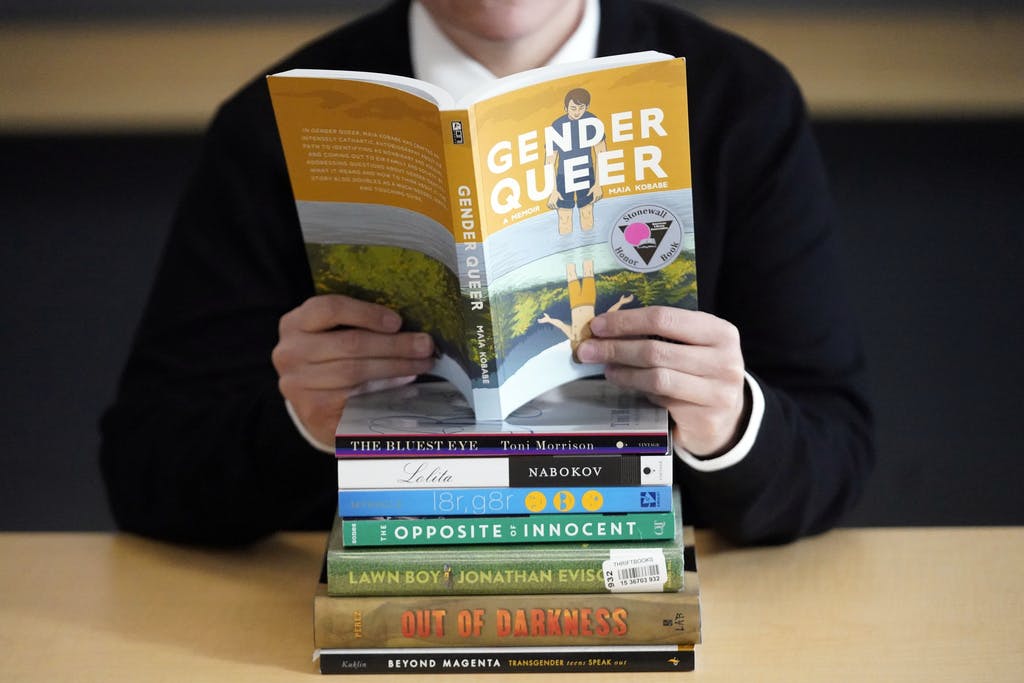
Trump Was Right About Tariffs
By LAWRENCE KUDLOW
|New polling suggests that Americans are more concerned about books being banned than they are about what their children are taught in school.

Already have a subscription? Sign in to continue reading

By LAWRENCE KUDLOW
|
By HOLLIE McKAY
|
By JOSEPH CURL
|$0.01/day for 60 days
Cancel anytime
By continuing you agree to our Privacy Policy and Terms of Service.